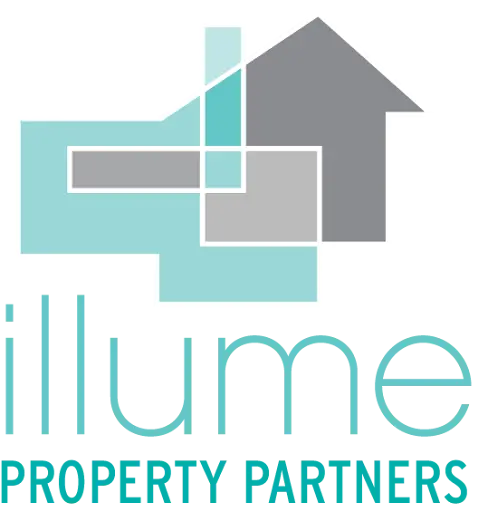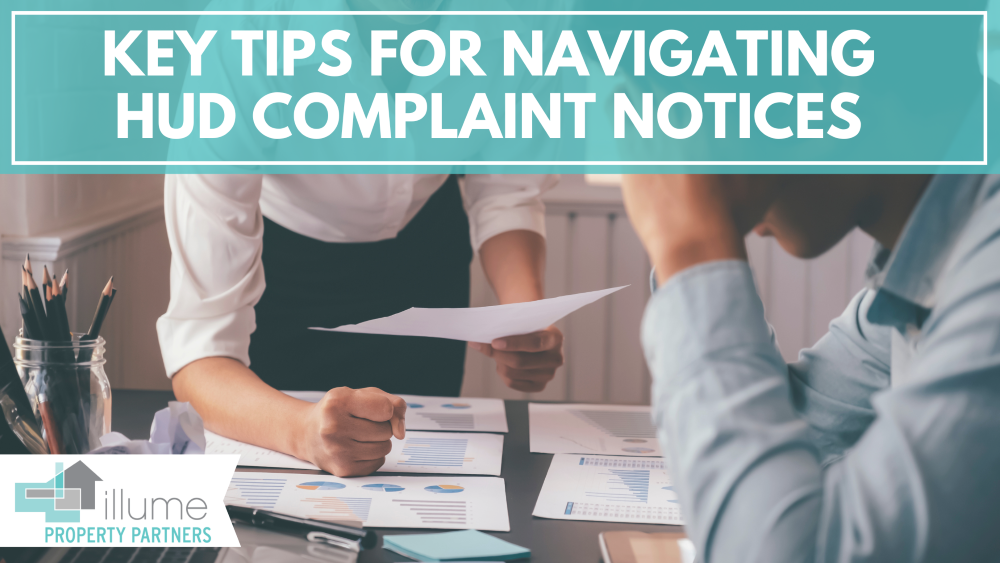The U.S. Department of Housing and Urban Development (HUD) enforces fair housing laws to prevent discrimination. When a complaint is filed, an investigation begins to determine if discriminatory practices have occurred. Recognizing the gravity of HUD complaints is essential, as mishandling these notices can lead to severe legal and financial repercussions, including fines, legal fees, and damage to reputation. In 2020 alone, HUD processed over 7,000 housing discrimination complaints, highlighting the importance of understanding and properly addressing these notices.
Responding Promptly and Appropriately
Timeliness is crucial when responding to HUD complaints. Property managers typically have 10 days to respond to a complaint notice. This initial response must be thorough, well-documented, and demonstrate a commitment to compliance and transparency. A prompt and well-prepared response can mitigate potential issues and show that the management takes the complaint seriously. Failure to respond within the stipulated time frame can result in default judgments and increased scrutiny from HUD investigators.
Maintaining Comprehensive Records
Effective record-keeping is essential in managing HUD complaints. Property managers should maintain detailed records of all tenant interactions, lease agreements, maintenance requests, and any communications related to complaints. These documents provide vital evidence in defending against allegations and proving compliance with fair housing laws. Proper documentation can significantly bolster a property manager’s defense during an investigation. HUD requires that all relevant documents be preserved and made available for review during the investigation process.
Training Staff on Fair Housing Laws
Regular training on fair housing laws for all staff members is a proactive measure to prevent discrimination complaints. Well-informed employees are less likely to inadvertently violate these laws, reducing the risk of complaints. Continuous education on fair housing practices ensures that your team is prepared to handle tenant interactions appropriately and legally. Training sessions should cover the latest updates in fair housing laws, real-life scenarios, and best practices for maintaining compliance. According to HUD, over 50% of fair housing complaints involve disability discrimination, highlighting the need for specialized training in this area.
Seeking Legal Advice
Navigating HUD complaint notices can be complex, and consulting with a legal expert is often advisable. An attorney specializing in housing law can help draft your response, oversee the internal investigation, and communicate with HUD on your behalf. This legal guidance can prevent costly mistakes and ensure that your response is compliant and thorough. Legal experts can also assist in understanding the implications of the complaint and strategizing the best course of action. According to the Fair Housing Coach, even if you feel confident handling the situation, consulting an attorney can provide invaluable support and peace of mind.
Implementing Preventive Measures
Preventive measures are key to avoiding HUD complaints. Regularly review and update your policies to ensure compliance with fair housing laws. Conduct internal audits to identify and address potential areas of non-compliance proactively. By fostering an inclusive and compliant environment, you can reduce the risk of receiving HUD complaint notices. Proactive measures include conducting mock audits, soliciting feedback from tenants, and continuously improving your property management practices. A survey by the National Association of Realtors found that 87% of property management professionals who implemented regular audits reported a decrease in fair housing complaints.
Commitment to Fair Housing Practices
Mastering HUD complaint notices requires a commitment to fair housing practices and proactive management. By understanding the process, responding promptly, maintaining accurate records, training staff, seeking legal advice, and implementing preventive measures, property management professionals can navigate complaints effectively and uphold their responsibilities. Ensuring compliance not only protects your interests but also fosters a fair and inclusive housing environment for all tenants. Property management professionals must stay vigilant and continuously strive to uphold the principles of fair housing to avoid costly mistakes and ensure a positive living experience for all residents.
Find out more about rental news, managing rental properties, and find helpful advice on maintaining your rental investments with illume Property Partners.


